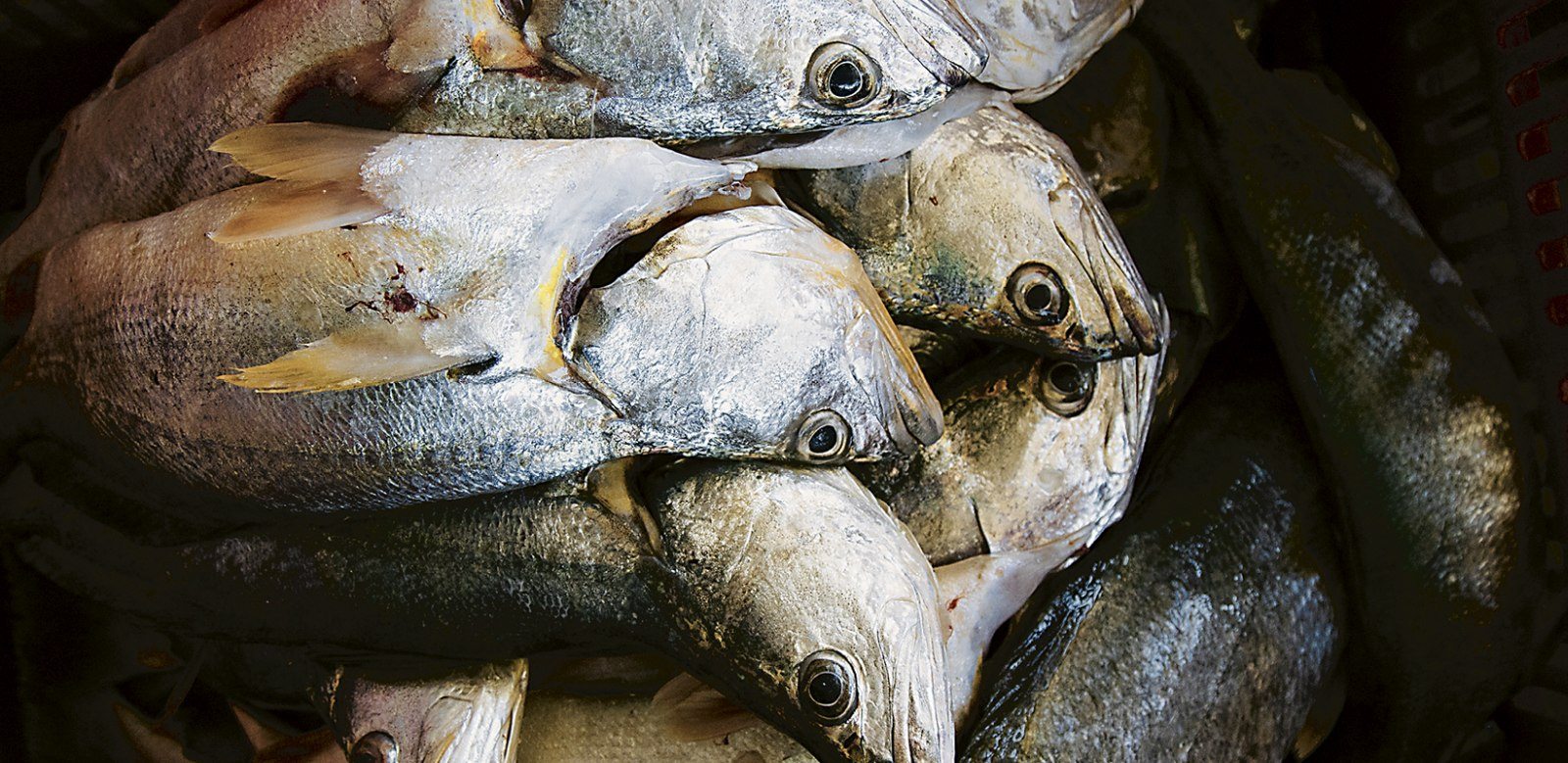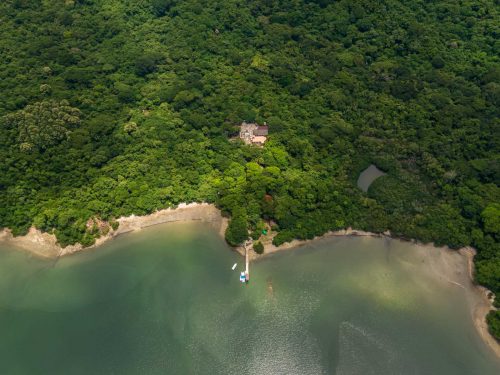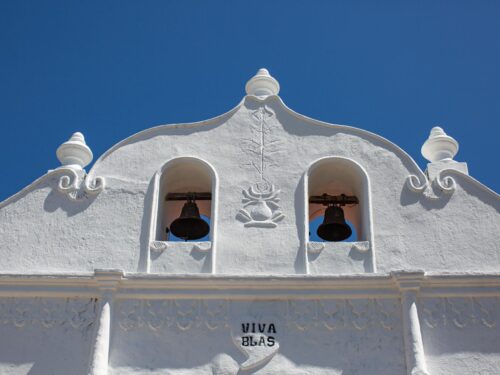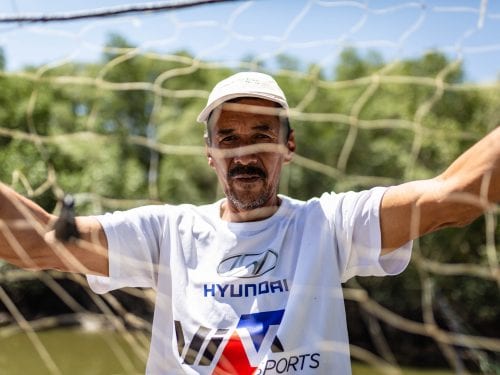
President Luis Guillermo Solís inaugurated the Interinstitutional Surveillance Station in Puerto Níspero de Cañas on July 19, 2016. That’s where the National System of Conservation Areas (SINAC), the coast guard and the Costa Rican Fisheries Institute (INCOPESCA) were supposed to work together, for the first time in the country.
It was happy news for the 11 communities in the region, whose livelihoods depend largely on fishing in the gulf. But that happiness was short-lived.
In an interview by The Voice of Guanacaste on location at the end of January, we verified that the only agency currently working there is SINAC, with three park rangers. While the offices are ready and the buildings already were inaugurated, not a single coast guard officer or INCOPESCA official was to be found.
The effort shown by these three officers is worthy of praise. With few resources – one boat with one captain – they work practically nonstop to protect marine resources from illegal fishing throughout the Gulf of Nicoya’s interior. But their efforts are hampered by the lack of coordination with other agencies.
Six months have passed since the president arrived to inaugurate the facilities, but authorities claim an agreement to allow the agencies to form a union isn’t ready, and until it is, they can’t move in and start working.
How is it possible that a document, a simple signature, drives us from efficiency. There are no excuses to justify this absurdity.
To be clear, having the three agencies located there would help solve problems involving illegal fishing, drug trafficking and other crimes that are committed every day in the Gulf of Nicoya, in a matter of minutes. Currently, officials must travel one hour from Caldera (where the closest station is located) to respond to problems in the gulf’s interior.
According to the foundation Marviva, tasked with overseeing the station with Inter-American Development Bank funds, each of these trips costs the government ¢500,000.
Meanwhile, fishermen committed to responsible fishing grow tired of filling out complaint forms denouncing illegal acts in the gulf, because they know it will take months for their complaints to reach the right desk. Inefficiency is expensive. It’s costing us a fortune.







Comments